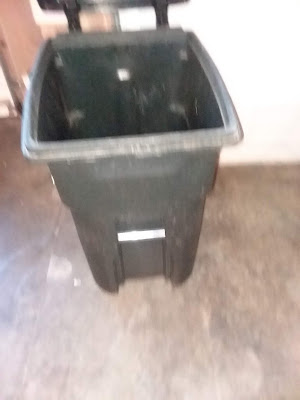Its Not About Christmas or Easter (or Sunday)
Does this altar represent everyday, or just special days? Its not about Christmas, or Easter or for that matter Sunday. What do I mean? I don’t mean- “Don’t celebrate holidays”. Absolutely we should celebrate the Sabbath, Christmas and Easter. Heartless religion does not please God. So often our celebration of these days like Christmas and Easter and even our weekly Sunday gathering at church is religious, but has no true heart for God. People have been falling into this trip since the beginning of time. We see this in the Book of Malachi, “When you offer blind animals in sacrifice, is that not evil? And when you offer those that are lame or sick, is that not evil? Present that to your governor; will he accept you or show you favor? Oh that there were one among you who would shut the doors, that you might not kindle fire on my altar in vain! I have no pleasure in you, says the Lord of hosts, and I will not accept an offering from your hand.” Malachi 1:8, 10 ESV In this ...



